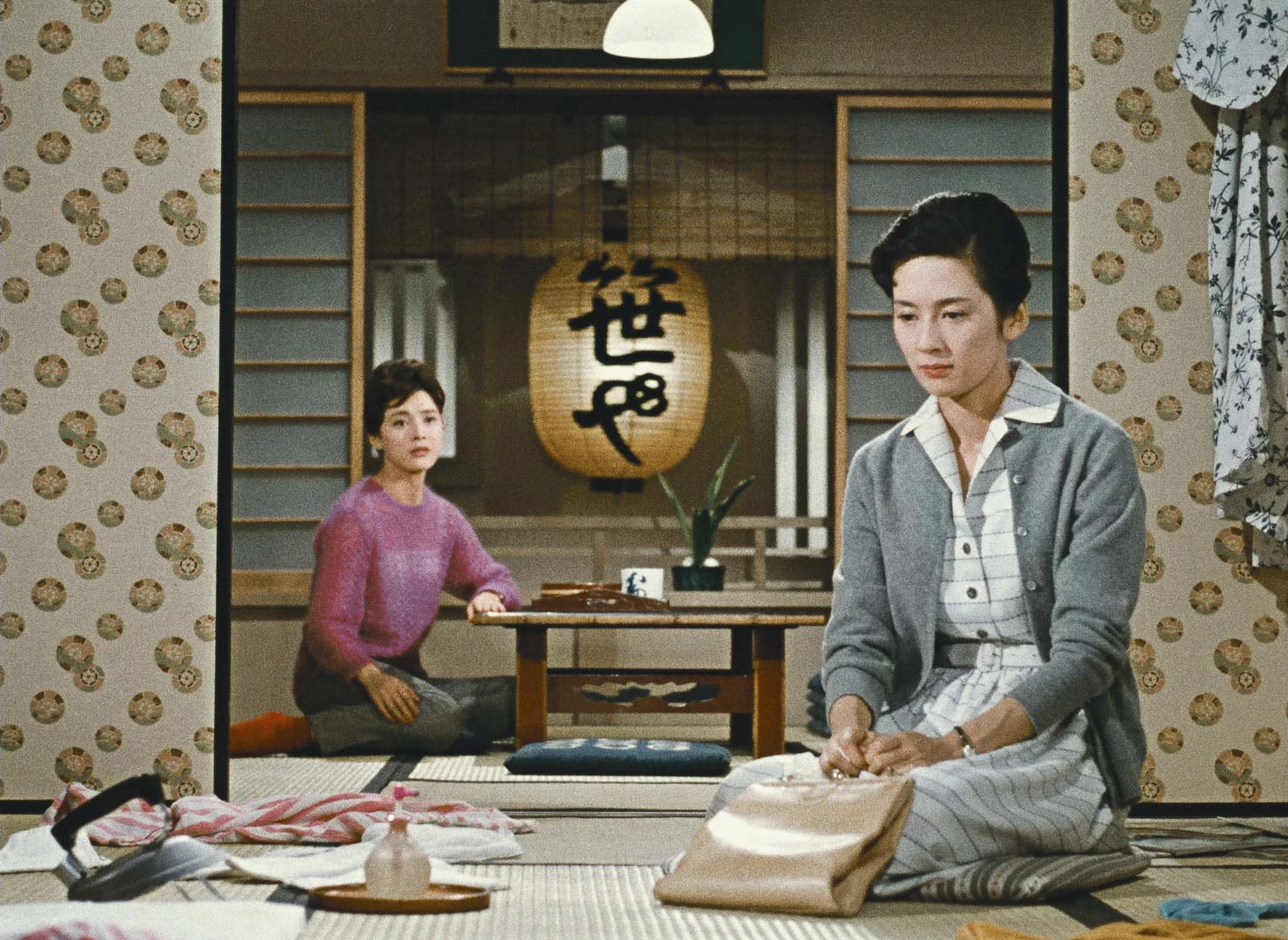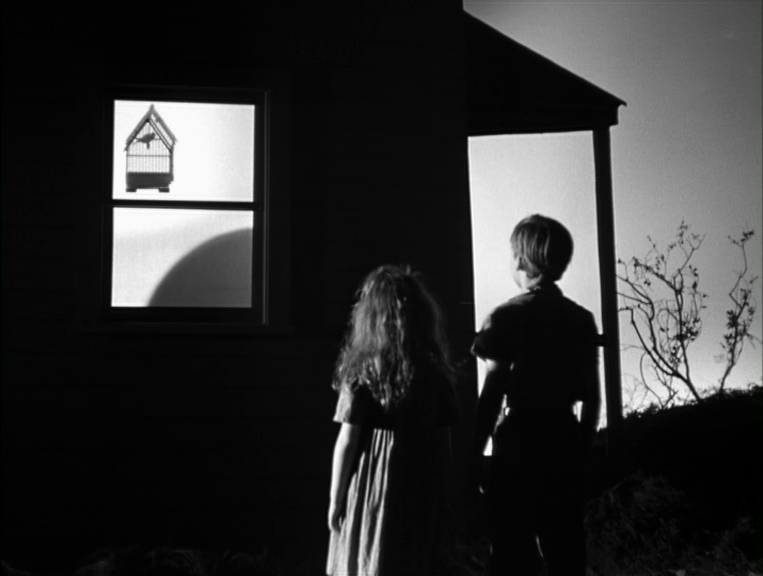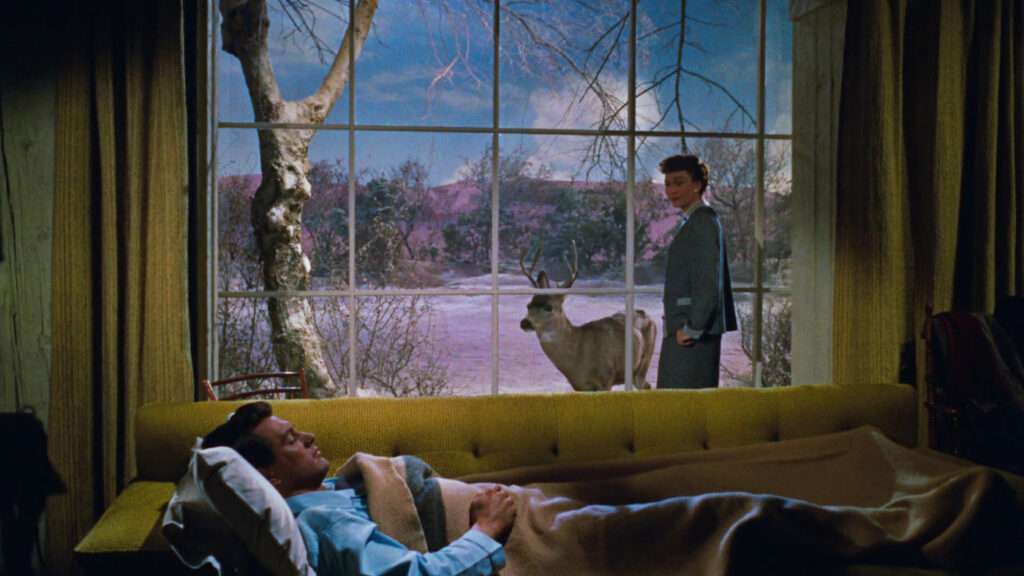Yasujiro Ozu, one of Japan’s most esteemed filmmakers, has long been celebrated for his delicate portrayal of family life and the subtleties of human emotions. While Ozu’s films are often noted for their serene pacing and minimalist style, a deeper look reveals a complex tapestry of female characters who embody a blend of strength, independence, loyalty, and an intriguing secrecy about their innermost feelings. These characters contribute significantly to the narrative depth and emotional resonance of Ozu’s work, offering a nuanced exploration of women’s roles in Japanese society.
One of the hallmarks of Ozu’s portrayal of women is the balance between their external conformity to societal expectations and their internal reservoirs of strength and autonomy. These characters are frequently depicted as pillars within their families — caring daughters, patient wives, and wise mothers — who navigate the demands of their roles with grace and resilience. Yet, beneath their composed exteriors, Ozu hints at a depth of emotion and aspiration that remains largely unvoiced, creating an air of mystery that surrounds their true desires and intentions.
The Changing Role of Women in Japan
Ozu’s films often explore themes of change and transition, particularly in the context of post-war Japan, where traditional values frequently clashed with the forces of modernization and Western influence. Female characters in Ozu’s oeuvre are central to this exploration, as they embody the tensions between duty and personal happiness, tradition and independence. Through characters like Noriko in “Late Spring” (1949) and Akiko in “Floating Weeds” (1959), Ozu presents women who are deeply loyal to their families, yet also possess an inner strength and a desire for personal fulfillment beyond their prescribed roles.

Moral Integrity
What makes Ozu’s female characters particularly compelling is their honesty and moral integrity. They often serve as the moral compasses in their families, guiding and influencing the men around them through their quiet determination and ethical fortitude. This is not to say they are without flaws or contradictions, but rather that their complexity as characters adds layers of richness to the narrative, inviting viewers to ponder the unspoken dreams and disappointments that lie beneath their serene facades.
Independence
Independence is another key trait of Ozu’s female protagonists. Even as they navigate the constraints of societal and familial expectations, they exhibit a remarkable agency. This independence is not always overt, manifesting instead in their decisions regarding marriage, career, and personal relationships. In doing so, Ozu subtly challenges the traditional patriarchal structures of Japanese society, suggesting that strength and autonomy can be found within the framework of existing social norms.

The Complexities of Women
The enduring appeal of Ozu’s films lies not only in their aesthetic beauty and emotional depth but also in their nuanced portrayal of women. By crafting female characters who are at once mysterious and relatable, strong yet vulnerable, Ozu offers a window into the complexities of womanhood. These characters resonate because they reflect the multifaceted nature of real women — their struggles, their resilience, and their quiet defiance against the roles prescribed to them by society.
Conclusion
Yasujiro Ozu’s cinematic universe is enriched by the complex, intriguing women who inhabit it. Through his careful balance of traditional values and the subtle undercurrents of rebellion, Ozu celebrates the strength, honesty, loyalty, and independence of women. These characters, with their unvoiced emotions and depth of character, not only drive the narratives of Ozu’s films but also challenge audiences to look beyond the surface and appreciate the intricate dynamics of family and society.




